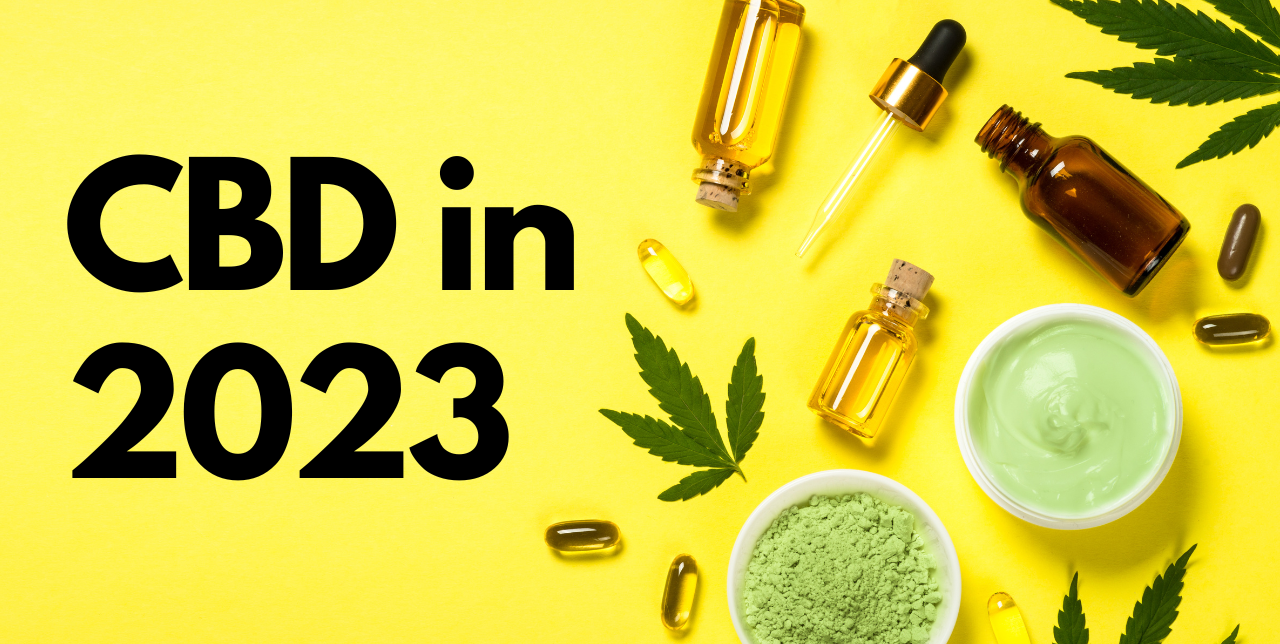With a new year just getting started, is natural to question what will be CBD industry look like in the next 12 months. Experts have been speculating about its imminent growth and potential game-changer capabilities in terms of treatment for pain, stress and insomnia, among other things. But it seems that 2023 might be an even bigger year for CBD enthusiasts as its popularity keeps increasing and reaching brand new heights in sales and production.
CBD has come a long way in terms of mainstream awareness, scientific researching and business legitimacy. Since the legalization of hemp-derived production in the US after the Congress approved the Farm Bill in 2018 and the subsequent decriminalization in Canada in October of the same year, there has been no shortage of hemp-based products, including oils, capsules, edibles, and topicals. Since 2018 there has also been an abundance of online vendors, physical stores and social media buzz around CBD products.
According to a recent report from Forbes, The market for CBD products in the United States grew significantly in 2020, reaching $4.6 billion in sales. This growth is expected to continue in the coming years, with some predictions estimating the market could reach as much as $20 billion by 2025. CBD companies currently offer a wide range of products, but it is expected that there will be an increase in the diversity of products available as more companies focus on producing products that contain specific minor cannabinoids found in the hemp plant, such as cannabinol (CBN) and cannabigerol (CBG), for specific use cases.
It is expected that once CBD can be marketed as a dietary supplement, it will become more widely available in traditional retail stores, particularly big-box chains. This increased distribution is likely to significantly expand the market for CBD products and benefit various parts of the supply chain, including hemp farmers and labs that extract and isolate CBD from plants. The increased demand for CBD products is also likely to incentivize more labs to enter the CBD market and may lead to an increase in the price of raw materials.
As CBD becomes more mainstream, there is likely to be an increase in public education about cannabinoids, which will help consumers feel more confident and safe when purchasing CBD products. In order to survive, many CBD companies, which currently self-regulate, will need to improve their quality assurance and compliance efforts. Meanwhile, companies that already produce high-quality CBD products will benefit from their investments in research and development and production, which may have previously reduced their return on investment.
The CBD industry has grown significantly in recent years and is expected to continue to expand. However, CBD companies still face a number of challenges, including obtaining capital, using standard payment processing, and marketing their products through traditional channels. Despite these challenges, the industry is still considered to be an ever-growing empire that will keep attracting millions of consumers all around the world.

